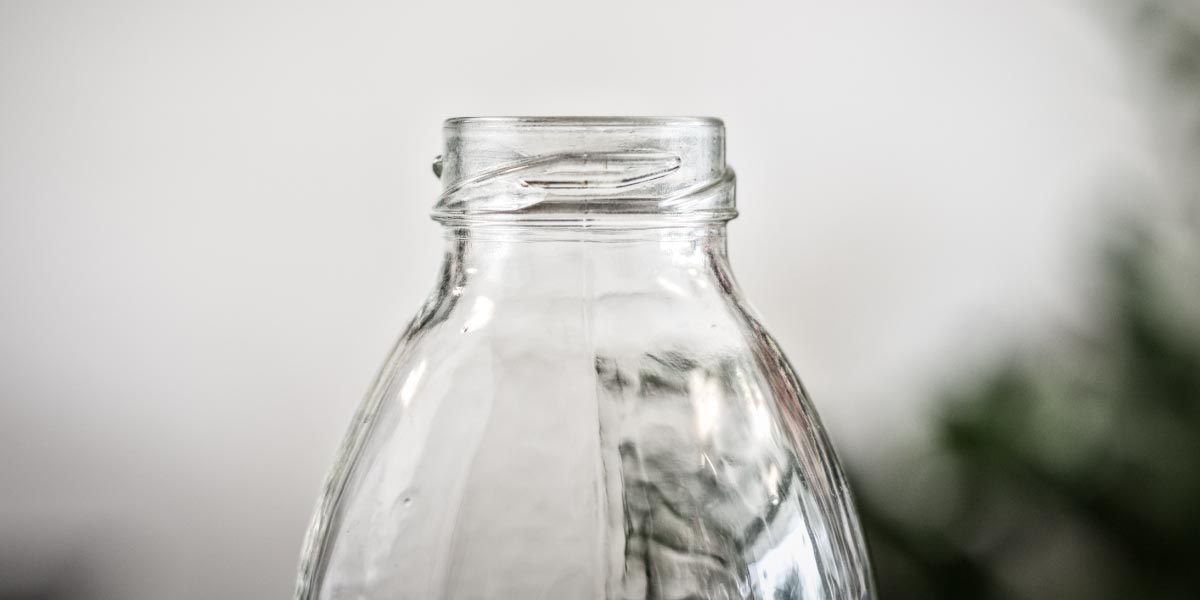You’ve probably heard that 60% of our body is made up of water – but what this really means is that it actually plays a key role in maintaining multiple functions [1].
Even a mild level of dehydration, if constant, affects our body and prevents it from functioning at its best every day. Over the long term, this even puts our body at risk of health issues or harmful diseases.
What happens when you’re dehydrated?
Sweat, excretion, vomiting, bleeding, breastfeeding all cause us to lose water, which we replace throughout the day by drinking liquids.
Mild dehydration – as little as 2% loss of body water – can have a noticeable effect on the body. It dries our mouth and eyes, causes headaches, fatigue, dry skin, light-headedness, inability to focus, and dark urine with a strong odour [2, 3, 4].

During exercise, athletes can lose up to 6-10% of their water weight via sweat. This can increase fatigue and alter one’s body temperature control, making exercise feel much more difficult, both physically and mentally. Exercise performance is optimal when athletes maintain fluid balance [5].
Severe dehydration (>10% loss of body water) is a medical emergency and requires immediate medical help [6]. Here, blood pressure becomes very low, we start to feel drowsy, and our kidney function is impaired [7, 8]. Other signs include lethargy or unconsciousness, poor drinking or inability to drink, lack of urine output, cool moist extremities, and a rapid and feeble pulse, lack of tears, sunken eyes, shriveled skin, dry eyes and blurred vision, and delirium [3, 9, 10, 11, 12].
Why does this happen?
Water plays a key role in the digestion, absorption, transportation and use of nutrients (oxygen, minerals, vitamins, amino acids, glucose, and many more). In fact, when there is less water, nutrients have difficulty moving around our body and cannot reach where they are required [13].
Dehydration over long periods of time can therefore cause a constant state of malnutrition, leading to all sorts of nutritional and physical problems.

A few functional examples to understand the process better:
- Antioxidants from foods boost our immunity while protecting our skin and hair from free-radical damage. When these antioxidants fail to get transported (something that water, as we know, is largely responsible for), it can consequently affect the way we look and feel. Free-radical damage is also implicated in many lifestyle diseases like diabetes, heart diseases, and cancer [14, 15, 16]. This makes dehydration indirectly affect everything from ageing to diseases.
- The lack of water in the body makes our blood thicken. This means that the heart has to work harder to circulate blood, which clots very easily, thus increasing the risk of heart diseases [17, 18].
- Tryptophan is an amino acid that’s required to make serotonin, a hormone that influences our mood [19]. Dehydration may limit the amount of tryptophan available to the brain and cause mood disorders and depression [20]. Many studies on people across ages, ranging from children to the elderly, have shown that mild dehydration can impair our mood, memory, and brain performance [2, 21, 22].
How can we maintain a good level of hydration?

Maintaining a good level of hydration has been shown to help with the treatment of migraines, urinary tract infections, constipation, blood pressure, glaucoma, and countless more conditions [5]. Here are a few tips on how to help prevent dehydration:
- During high heat and exercise, drink enough water in regular intervals, until you quench your thirst. Add some salt and glucose to your water if you feel very thirsty [23].
- The health authorities commonly recommend about two litres of water in a day. But there are many factors that affect our individual needs [24]. As a general rule, drink enough water to have pale-yellow coloured urine. A bright yellow colour means you need more water. Some medications can also change the colour of urine – In that case, drink water until you’re not thirsty anymore [25].
- Thirst is generally a sign of dehydration. However, as we age, our natural thirst mechanism may start to malfunction. So with age, we must consciously watch our water intake with or without a signal from our body [26].
- Headaches are a common symptom of mild dehydration, and a few types of headaches (eg. migraines) are even triggered by it. If you experience them on a daily basis, consider whether dehydration has a role to play in it and increase your water intake slowly to reach an amount that suits you [27].
- Alcohol is a diuretic, i.e. it makes you lose water. Drinking a glass of water between alcoholic drinks can go a long way. It can also reduce the severity of a hangover [28].
- Caffeinated drinks (tea and coffee) have a mild diuretic effect as well. The water loss is small enough to be replaced by water in fruits and vegetables, but moderating your intake of caffeine is still a good idea [29].
- A diet rich in fruits and vegetables can help you stay hydrated. Many fruits and vegetables have 80-90% water, along with fibre and other nutrients. These include cucumbers, salad greens, strawberries, watermelon, etc [30].
- If you do not enjoy the taste of water you can try fruit or herb-infused water. This would help change the flavour to one of your liking. And as a bonus, you get to eat the fruits after you’re finished drinking [31]!
Our body tells us how much water we need; all we need to do is listen to it. Keep an eye out for signs of dehydration and make sure you stay hydrated. Hydration alone can take you a few steps closer to a healthier version of yourself.




Leave a comment